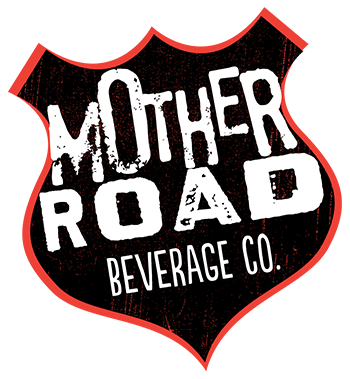Skip to content

Why Cans?
- Cans lock in the flavor of beer better than even dark glass bottles. In glass bottles, especially green and clear ones, beer can become light struck, a condition caused when ultraviolet light breaks down hop-derived isohumulones, breaking them apart and allowing them to bind with sulphur atoms, creating skunky, off flavor. So common is this problem that many people think the skunky character is a normal flavor in some beers.
- Oxidation is another problem for bottled beer. Bottle caps eventually allow oxygen to pass into the beer, and an oxidized beer is a stale beer. While millions of dollars have been spent creating oxygen-absorbing caps, they’ll never be as effective as an entirely sealed can. Cans are essentially miniaturized kegs, keeping light and oxygen well away from the beer inside.
- As for the metallic flavors being imparted from cans, not to worry. Modern cans are completely lined and no raw metal touches the beer.
- Cans are also more portable; they don’t break. They are easier and more convenient for outdoor activities such as camping, rafting, fishing, skiing, and hiking.They can be chilled more quickly than glass, and from an environmental standpoint are cheaper and easier to recycle. Cans also are lighter, so shipping them is economical and more fuel efficient. Really, there is no reason not to embrace the can.
- Today there are more than 350 breweries canning. Nationally, craft brewers like Oskar Blues (the first to can craft beer in 2002), Anderson Valley, 21st Amendment, and Surly Brewing have all shifted much of their packaging to cans. Even larger regional brewers like Sierra Nevada and Boston Beer Company, who have spent millions on bottle and cap design and their bottling lines to ensure a quality and consistent product, have, this year, started to release their famous Sierra Nevada Pale Ale and Sam Adams Boston Lager in cans.
Why Mobile Canning?
- Mobile canning saves space, time, and capital for breweries and cider companies.
- Lower minimum orders through cooperative purchasing makes canning possible for smaller batches seasonal beers, and special releases.

